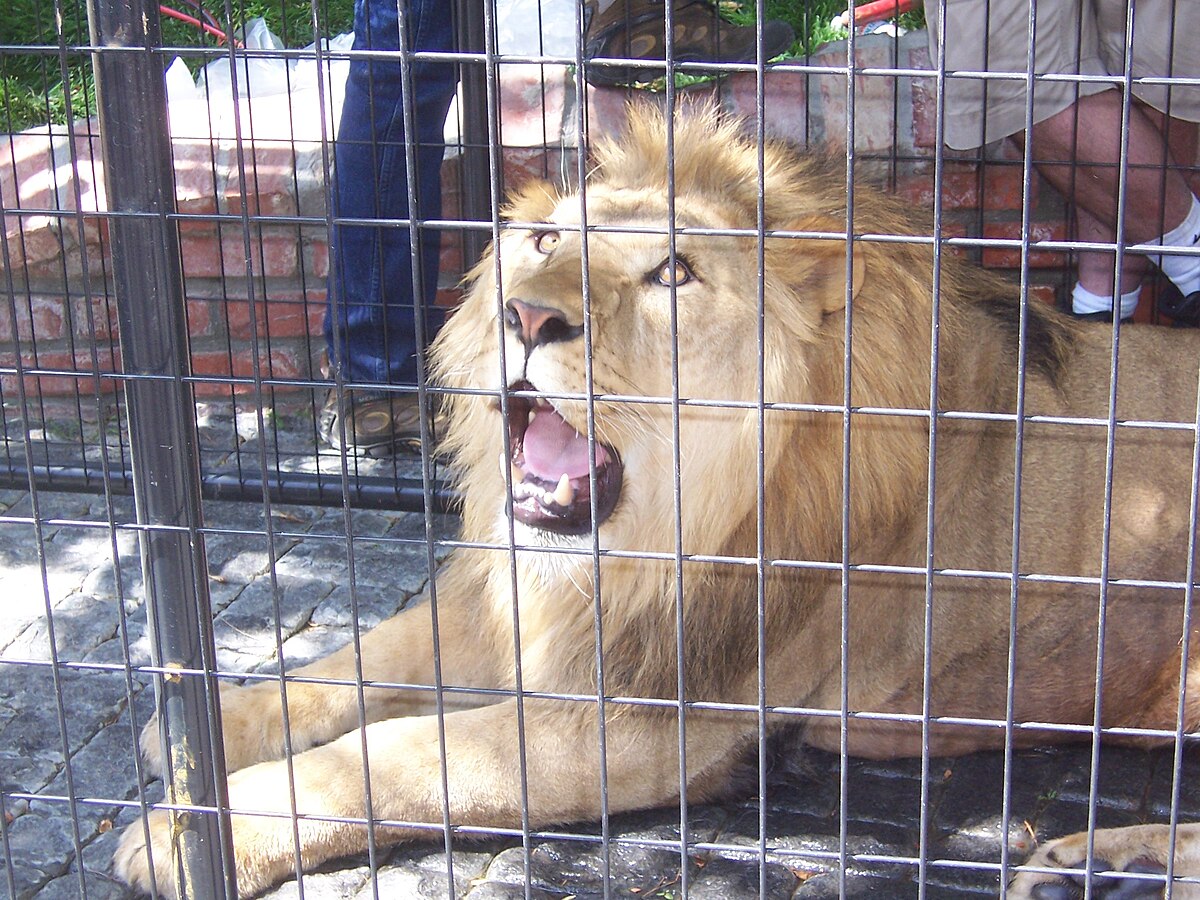
SOUTH AFRICA TO PHASE OUT CAPTIVE LION BREEDING FOR HUNTING
As the nation tries to outlaw the contentious practice, South Africa on Wednesday outlined plans to gradually phase out the raising of lions in captivity for hunting purposes.
Animal rights and conservation organisations have long detested the practice of breeding large cats just to have affluent hunters shoot them for thousands of dollars.
NINE KILLED, 900 INJURED IN MOST POWERFUL TAIWAN QUAKE IN 25 YEARS
NINE KILLED, 900 INJURED IN MOST POWERFUL TAIWAN QUAKE IN 25 YEARS
#hotjist
Sometimes, hunters—who are mostly foreigners—bring home the skin or head of the murdered animal as a trophy.
The breeding of lions for hunting will be outlawed in South Africa in 2021, as the government has already said, and for the previous two years, an ad hoc body has been investigating the matter.
“The panel recommended the closure of the captive breeding sector, including the keeping of lions in captivity, or the use of captive lions or their derivatives commercially,” Environment Minister Barabara Creecy told a press conference in Cape Town.
Before the prohibition takes effect, breeders will have two years to voluntarily leave the industry and alter their business plans.
The idea was agreed upon by the government last week, but it has not yet been signed into law due to intense opposition from members of the extremely profitable business.
The decision was made in response to the growing opposition to trophy hunting in the West.
In recent years, support for campaigns to outlaw the import of trophies has grown in the US, Australia, and several European nations.
“The industry is large and complex with a long history that is not aligned with both current international trends and domestic policy changes on conservation,” said Kamalasen Chetty, head of the ad hoc panel.
Around 350 farms in South Africa are home to between 8,000 and 12,000 lions, according to estimates from animal rights organisations that frequently criticise the conditions in which the animals are detained.
In contrast, only about 3,500 wild lions remain, according to the Endangered Wildlife Trust, an NGO with headquarters in South Africa.
